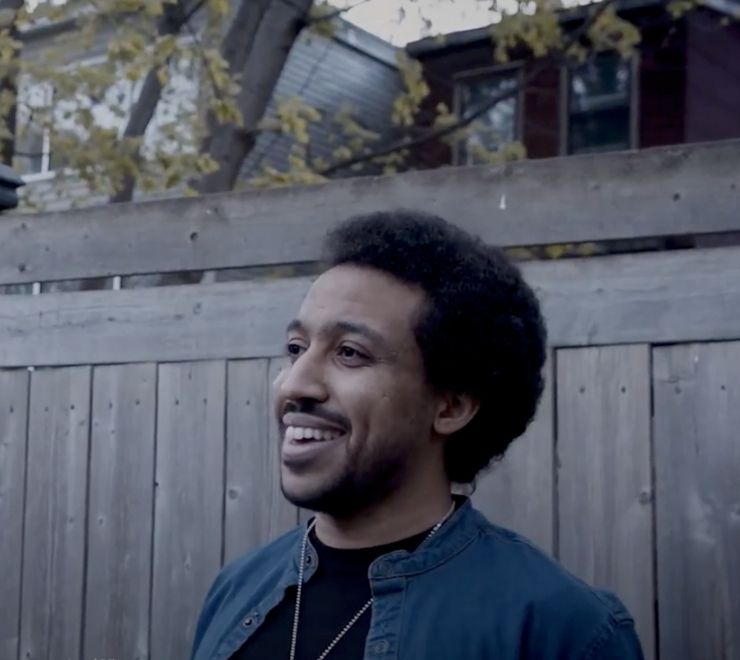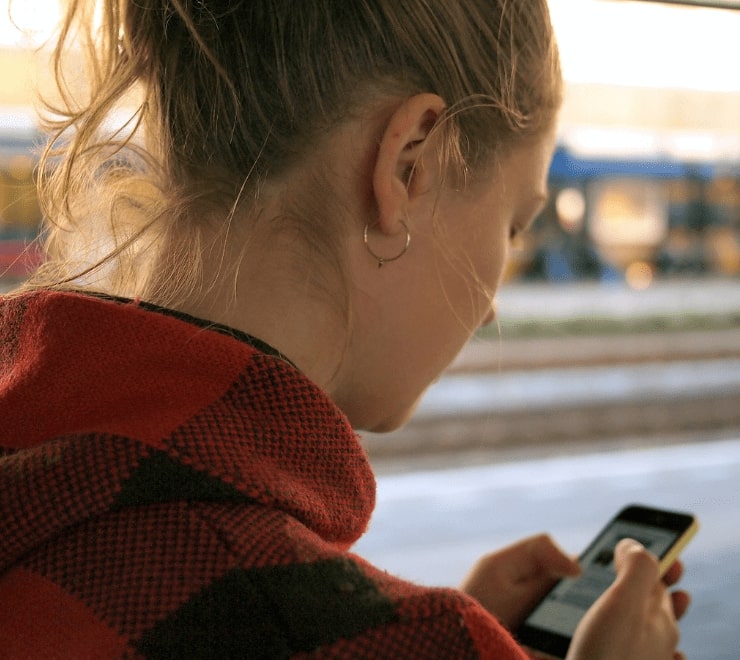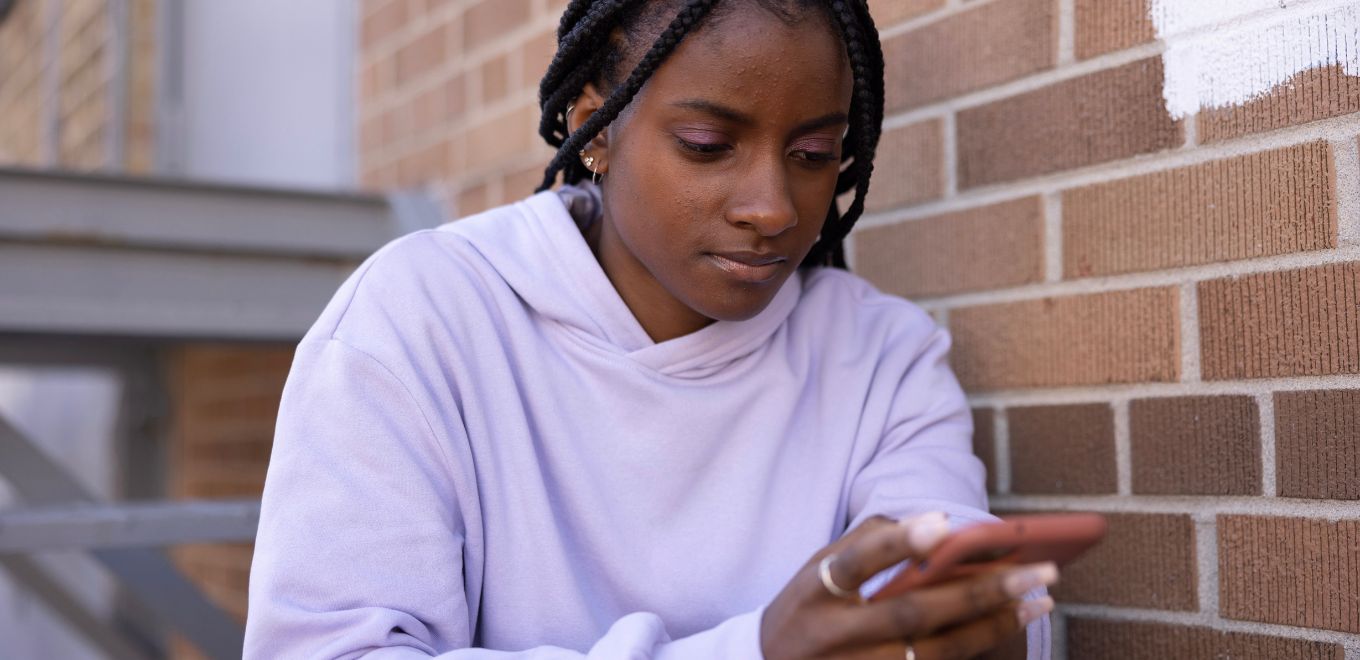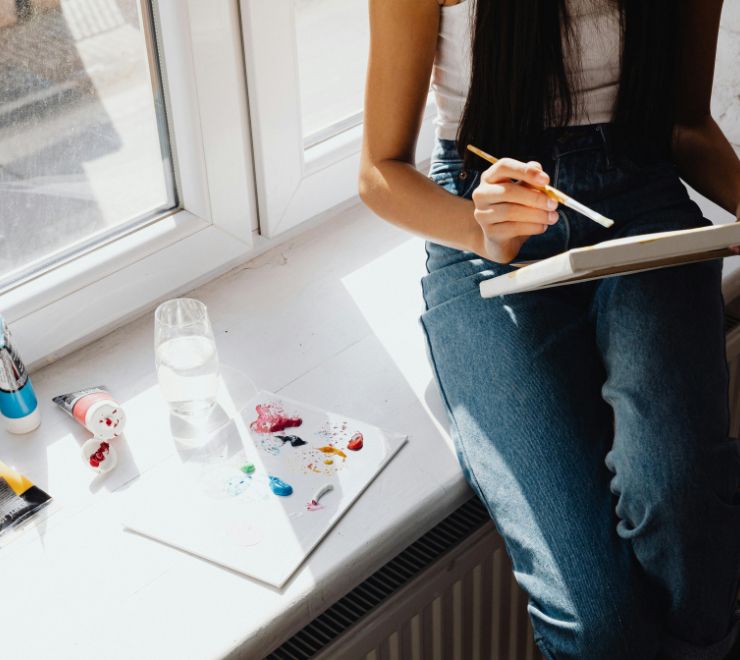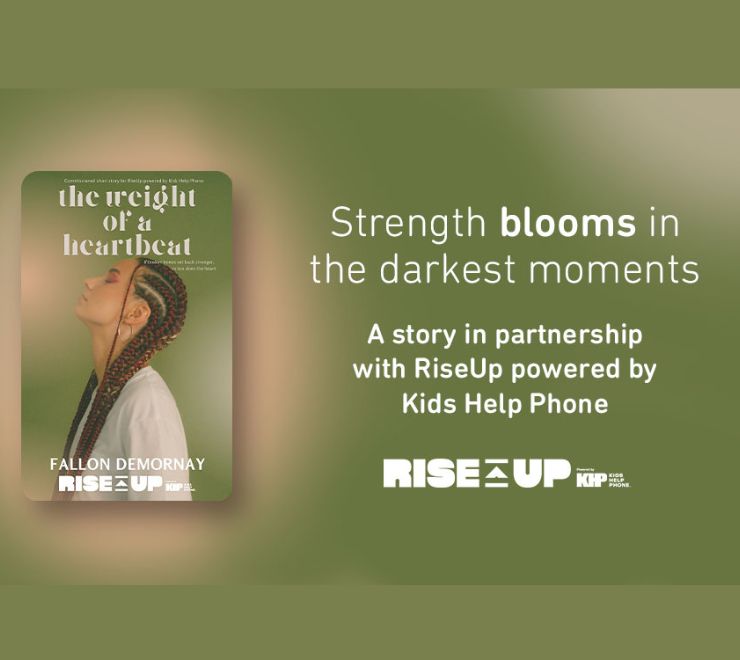Photography credit: Cesar Ghisilieri
Social media can be a helpful way to stay in touch with friends and family, connect with new communities, explore different perspectives and learn about what’s going on in the world. While there are many positive aspects to social media, it can also have negative impacts on your mental health. It can affect your self-esteem and body image, distract you from other priorities, and at times, be unsafe or misleading. Here, Kids Help Phone shares ideas for using social media in a balanced and informed way.

These resources from Kids Help Phone can help you learn more and set boundaries around when and how you use social media. When you click on a dropdown, you’ll find links and tools to support you wherever you are on your journey.
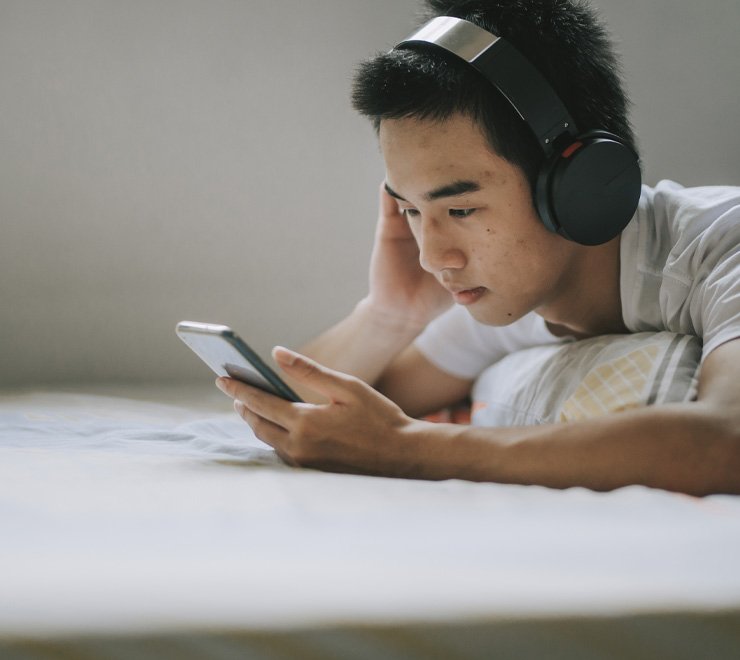
5 online safety tips everyone needs to know

Cyberbullying: What it is & ways to address it

Online dating: Safety tips
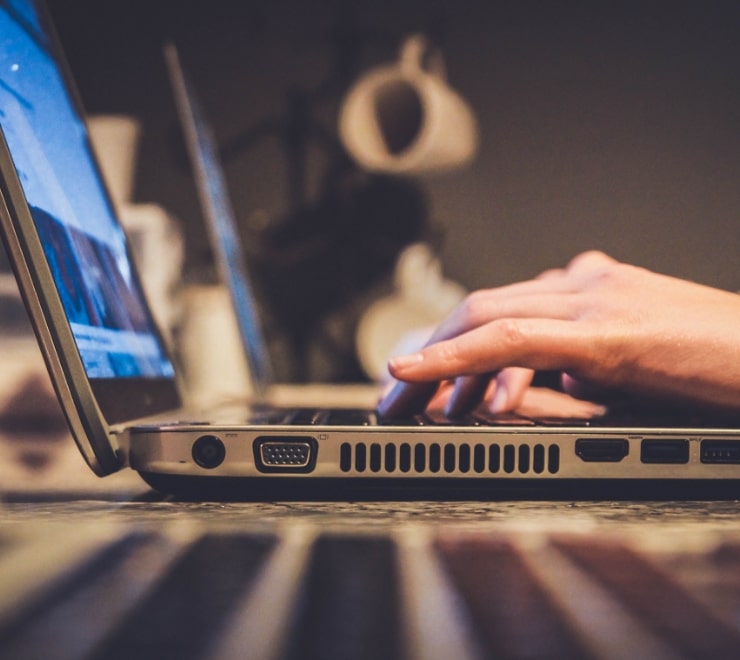
What is online sexual exploitation and abuse?

Feeling good on social media
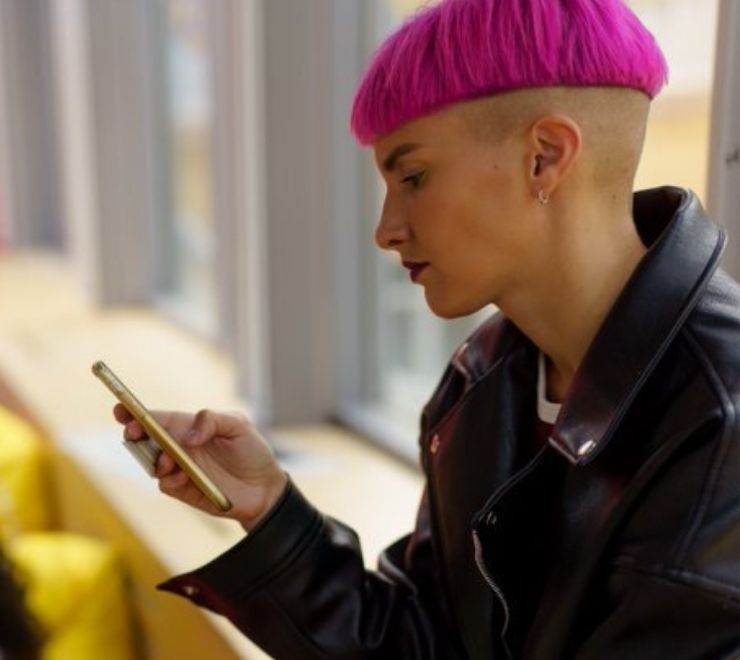
How can I protect my privacy when using social media?
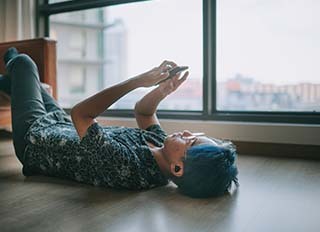
Mental health chats with friends: You’re not alone
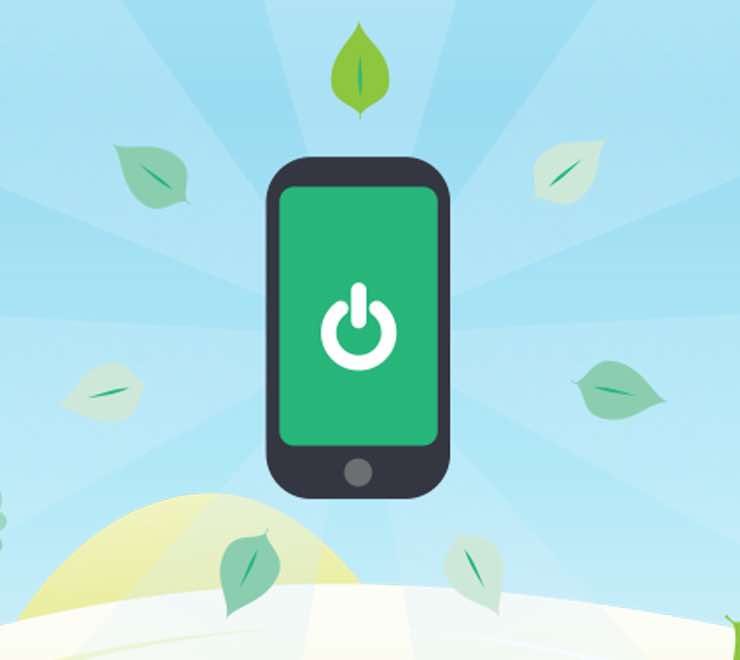
Digital detox: How to unplug and recharge

Reduce stress with this community-created art gallery

Calm your anxiety with this glowing fire body scan
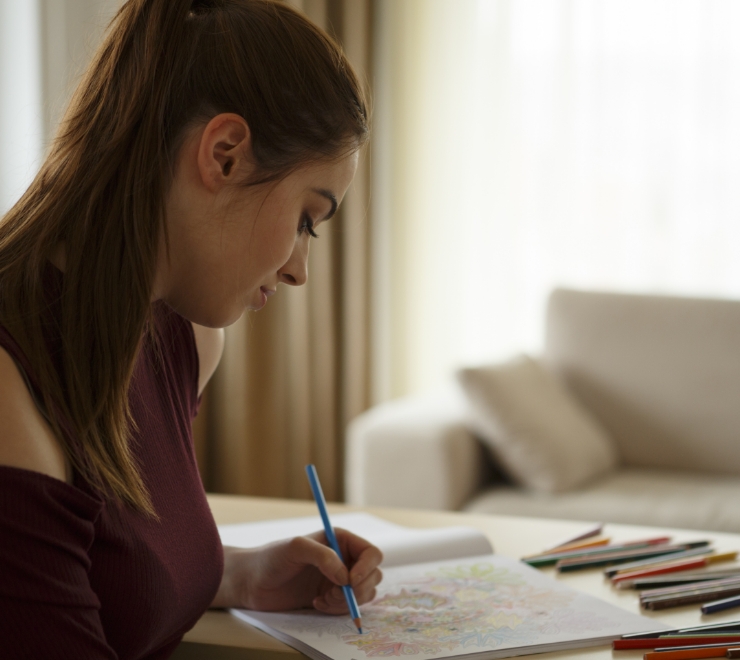
Try: 2025 Mindfulness colouring book

How to calm down when you’re stressed

What is body image and why is it important?
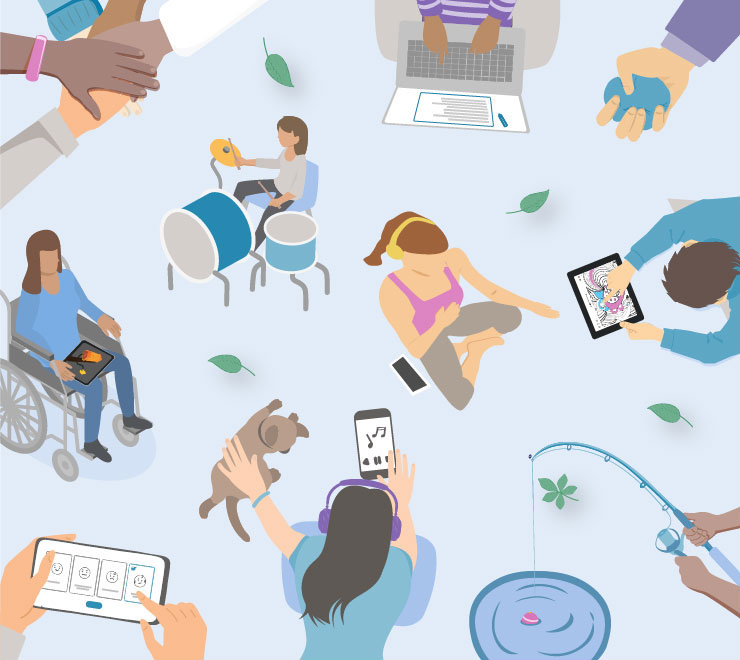
I’m feeling overwhelmed — what can I do to feel better?
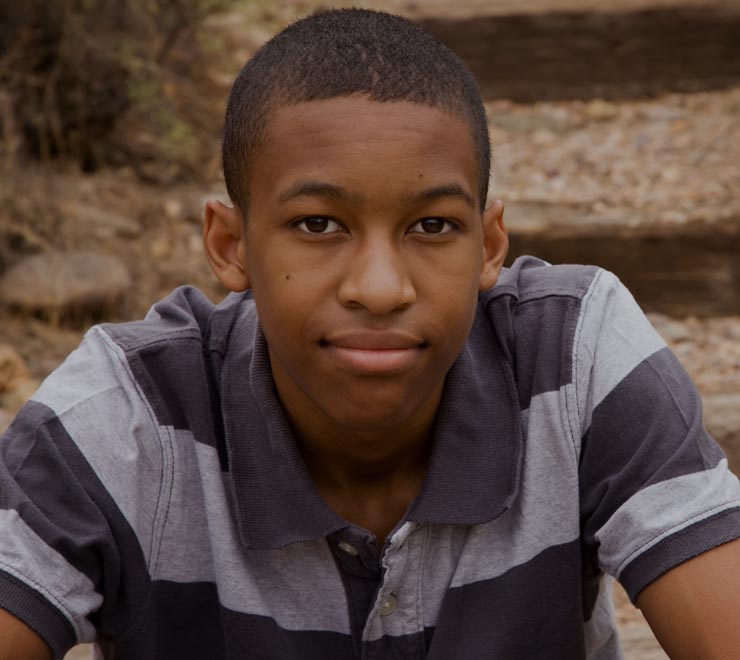
Feeling low? Boost your self-esteem with these tips.
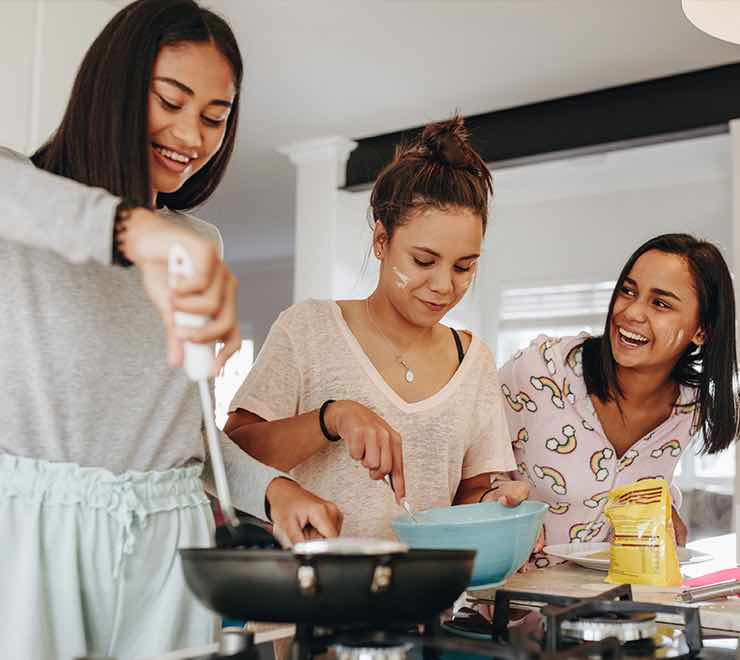
Kids Help Phone’s nutrition tips to fuel your body

10 ways to practice self-acceptance
As platforms like Instagram and Tik Tok become more popular, you may feel pressured to grow your social media following (for popularity, potential income, etc.). It can be helpful to remember that “likes” and validation from other people aren’t a measure of your self-worth. A lot of information is shared on social media and you might find it difficult to determine what’s real or truthful. These additional links can help you learn more about ads, algorithms and spotting accurate information on social media…
- VIDEO: How do social media algorithms work? (CBC Kids News)
- VIDEO: How do social media influencers make money? (CBC Kids News)
- VIDEO: How to tell the difference between real and fake news (CBC Kids News)
- VIDEO: What to know before clicking ‘I agree’ on an app agreement (CBC Kids News)
- GAME: Reality Check (Media Smarts)
You can explore the experiences of other young people through support forums at Kids Help Phone’s Peer-to-Peer Community. Kids Help Phone’s e-mental health services are also available 24/7 to support you with anything on your mind.

